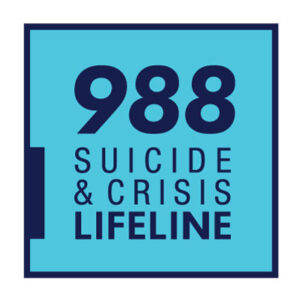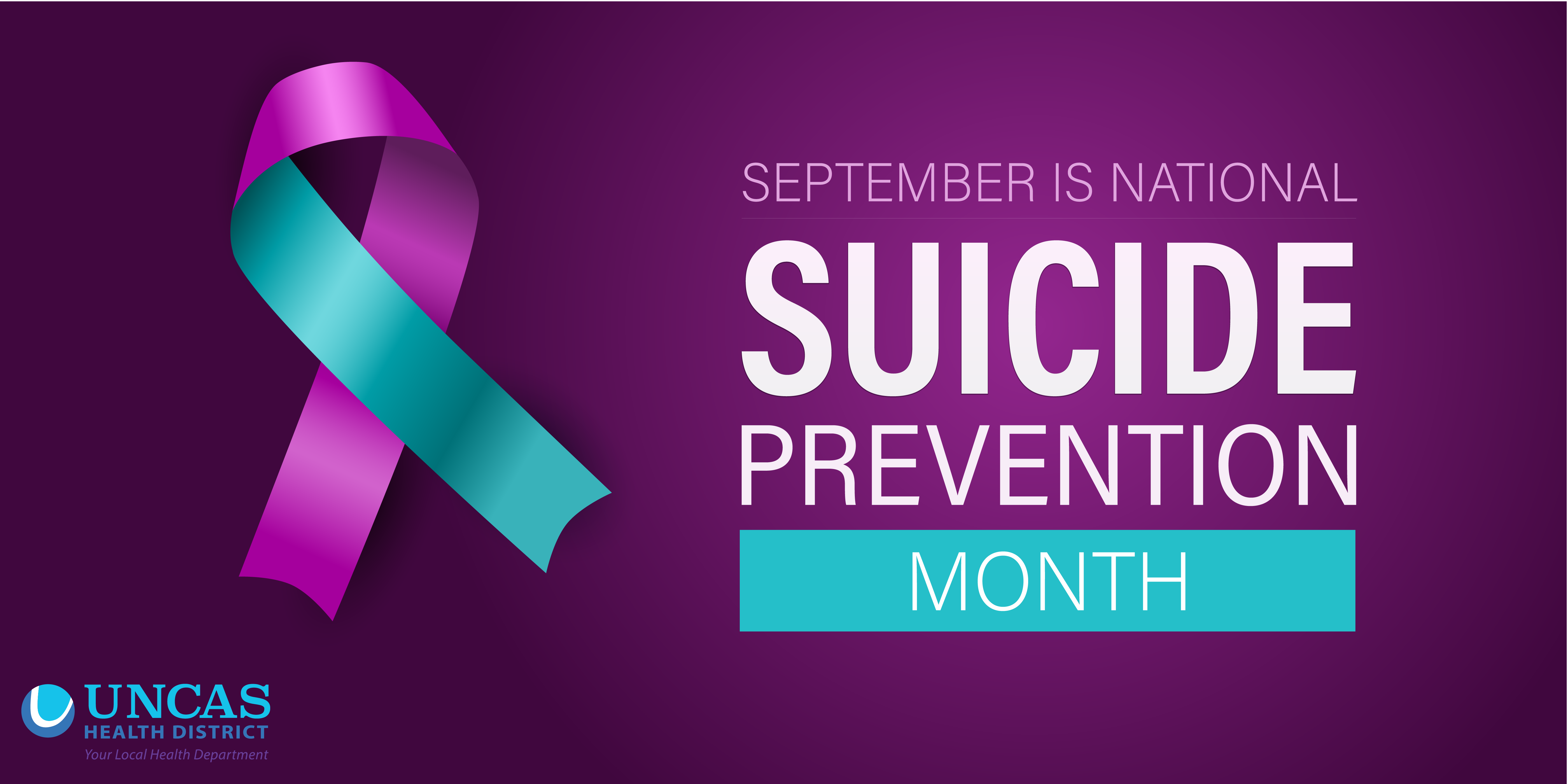May is Mental Health Awareness Month, a time dedicated to raising awareness about the importance of mental health and well-being in our lives. Established in 1949, Mental Health Awareness Month serves as a crucial reminder to prioritize mental and physical health. This month is an opportunity to:
-
Increase awareness: Mental health is an integral part of overall health, and open conversations about mental well-being are essential. Mental Health Awareness Month aims to destigmatize mental health concerns and encourage open communication.
-
Provide resources: SAMHSA, along with countless other organizations, offers a vast network of resources for individuals and communities seeking mental health support.
-
Celebrate recovery: Recovery from mental illness is a real and achievable goal. Mental Health Awareness Month celebrates the resilience and strength of those living with mental health challenges.
You Are Not Alone
Mental Health focuses on the importance of seeking help and the message that it’s okay to not be okay. If you are struggling with anxiety, depression, substance use, alcoholism, bullying, or any other mental health concern, we want you to know there is a vast network of support available.
Here are some key takeaways:
-
Help is readily available: Numerous resources are available, from hotlines and online support groups to mental health professionals and community programs.
-
Seeking help is a sign of strength: Asking for help is not a weakness; it’s a demonstration of courage and a commitment to your well-being.
-
Recovery is possible: With the right support system and resources, recovery from mental illness is a real possibility.
Taking Action on Mental Health
This Mental Health Awareness Month, we encourage you to:
-
Educate yourself: Learn about mental health conditions, available resources, and ways to promote mental well-being.
-
Talk openly: Have conversations with friends, family, and colleagues about mental health. Open communication can foster understanding and support.
-
Seek help if needed: Don’t hesitate to reach out for help if you are struggling. A mental health professional can provide invaluable support and guidance.
-
Support others: Encourage those you know who may be struggling to seek help. Let them know they are not alone.
By working together, we can create a society where mental health is valued and prioritized. Remember, it’s okay to not be okay, and help is always available.
For Immediate Support:
-
988 – Suicide and Crisis Lifeline
-
211 – Community Support Services
-
1-800-662-HELP (4357) – SAMHSA National Helpline
Let’s make mental health a priority every month, not just in May.






